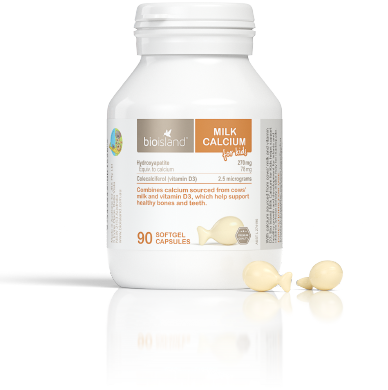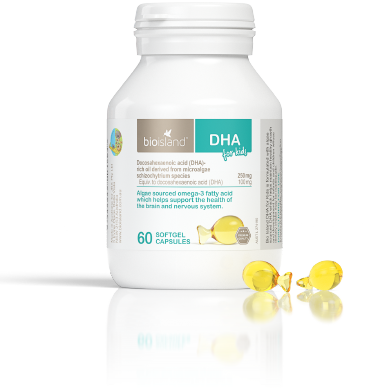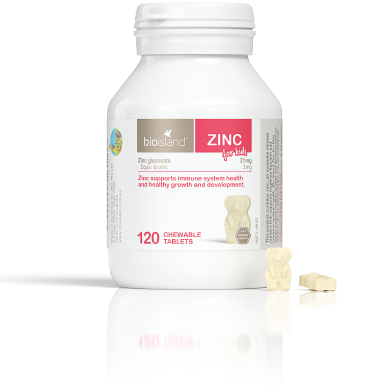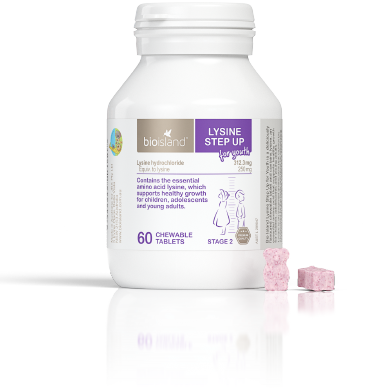
Understanding vitamin absorption
There are two different types of vitamins and they are based on how our body absorbs them into our body.
By Bio Island Nutrition Team
A vitamin is an essential nutrient found in foods. They perform specific and vital functions in various body systems and are crucial for maintaining optimal health. There are two different types of vitamins and they are based on how our body absorbs them into our body.
Fat soluble vitamins:
There are four fat soluble vitamins found in the human diet:
- Vitamin A, D, E and K
They dissolve in fat before they are absorbed in the bloodstream to carry out their functions. They are also much better absorbed into your bloodstream when eaten with high fat food (try to stick to unsaturated fats like nuts and avocado). These vitamins are stored in the liver and fatty tissue and are generally easily found food in food sources, with the exception of vitamin D which you get from a few minutes in the sun.
Water soluble vitamins:
Nine water-soluble vitamins are found in the human diet:
- Vitamin B1 (thiamine)
- Vitamin B2 (riboflavin)
- Vitamin B3 (niacin)
- Vitamin B5 (pantothenic acid)
- Vitamin B6
- Vitamin B7 (biotin)
- Vitamin B9
- Vitamin B12 (cobalamin)
- Vitamin C
They dissolve in water and are not stored in the body, they are eliminated in urine. These vitamins are not stored in the body so therefore it is necessary to ensure daily supplements or food source replenishment for the body daily. With food sources the vitamins can be easily lost or destroyed during food preparation and storage.
So how do we absorb vitamins?
Once swallowed and down the digestive tract, it will end up in the small intestine. The small intestine is where 90% of the body’s absorption from food and supplements occurs. Once in here about half way through in the jejunum, molecules will pick up the wanted nutrients and transport them to the bloodstream, which then sends them around the body to the needed organs or systems.
Timing
Timing of nutrients and vitamin supplementation can actually affect the absorption and benefits of taking the vitamin in the first place. This table gives an indication of when and with what some vitamins should be taken to receive the full benefits and prevent loss of nutrients for the body.
- Calcium: Take at a different time of the day to Iron and Zinc and take with food in smaller doses as the body tends to absorb smaller amounts than larger ones.
- Iron: Best taken on an empty stomach and with vitamin C foods or supplements to boost absorption. Coffee and calcium can interfere with absorption.
- Vitamin D: Being a fat-soluble vitamin, it is best taken with a high fat food or meal and also taken at lunch or an early dinner to not disrupt the body’s melatonin production.
- Vitamin B Complex: B vitamins tend to boost energy so best to take them in the morning or lunch and best absorbed on an empty stomach.
- Vitamin C: Vitamin C as mentioned before will enhance calcium absorption but may interfere with vitamin B12. Beware that large doses can affect the stomach and is sometimes best to break intake into 2 amounts throughout the day.
- Fish Oil: Take with food, as an empty stomach may cause reflux or digestive issues. Also, the fat in fish oil can help absorb other fat soluble vitamins.
- Probiotics: Best taken on an empty stomach or 30 minutes before a meal to prevent stomach acids from destroying the probiotic.
Knowing when and how to take your vitamins is beneficial to the overall effectiveness of them and not taking them all at once and losing any needed nutrients. Making sure to look at food sources and when a diet isn’t sufficient then to take supplements.
Always read the label to make sure you are getting adequate amounts or speak to a health care professional. Supplements should not replace a balanced diet.
This information does not take into account your personal situation and is general in nature. You should consider whether the information is appropriate for your needs and seek professional medical advice. Always consult your healthcare professional before taking any supplements or if any concerns arise.




